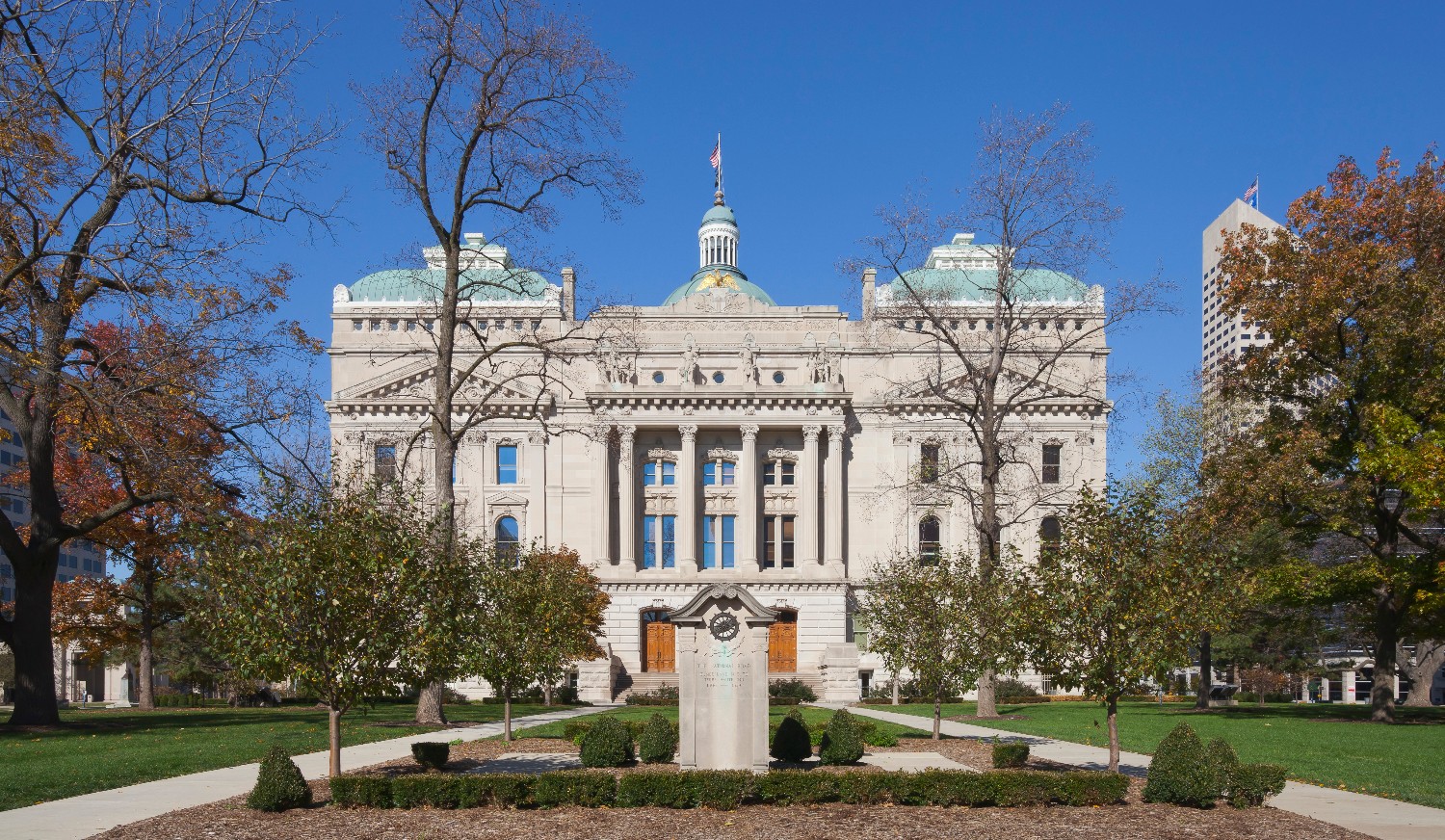Judges are generally held out as impartial, emotionally even-keeled arbiters of the law. Perhaps ignorance is bliss. That’s what Indiana residents learned when Judges Bradley Jacobs, Andrew Adams and Sabrina Bell engaged in, as the state’s highest court put it, “judicial misconduct by appearing in public in an intoxicated state and behaving in an injudicious manner and by becoming involved in a verbal altercation.”
That does not sound so severe. But the suspension order from the Indiana Supreme Court gives us salacious details that the local media slowly trickled for months.
Back in the wee hours of the May 1, 2019 morning, the three judges wanted to party after a Spring Judicial College event. They got smashed, tried to go into a closed strip club at 3am, then, dejectedly, ended up at that storied American burger establishment: White Castle. Two men drove past the judges, shouting something at them, and Judge Bell offered up her middle finger in response.
The men in the car were not amused, and then both sides spewed vulgarities and aggressive gestures. Failing to either “avoid a confrontation or de-escalate the conflict,” Judge Jacobs punched one of judges’ foes to the ground. Judge Adams, at one point during the fracas, kicked the same guy, Brandon Kaiser, in the back.
Setting aside later discipline, it didn’t end up great for the judges. The Honorable Jacobs and Adams ended up being shot by Kaiser, who later was charged with multiple aggravated assault counts, and sent to a local hospital for emergency surgery. (Both judges are now physically fine, though Adams ended up pleading to a misdemeanor battery count.)
What sticks out here is the sheer hypocrisy of how different people are treated by the criminal justice system.
As state supreme court justices are wont to do in matters of judicial discipline, they showed the three no quarter in terms of words—charging that “they discredited the entire Indiana judiciary,” Yet the action taken against them amounted to short suspensions from the bench. (Adams got a two-month suspension, and the other two got one month each.)
Filter is not in the business of advocating harsher punishments for people. But what sticks out here is the sheer hypocrisy of how different people are treated by the criminal justice system. Because when defendants show up to these judges’ courtrooms, they rarely find such mercy.
Judge Andrew Adams presides over trials in Clark County Circuit Court, the same jurisdiction where elected DA Jeremy Mull obsessively catalogues every US execution since 1976, even making special notes as to the last meals of the condemned.
Here, Adams facilitates the local drug court, which thrusts people into coercive treatment for merely possessing syringes. This is despite the fact that needle exchange programs are now legal on the county level in Indiana. Adding to the daily stigma that people who use drugs face, Adams claimed earlier this year that when people are hit with low-level felonies for syringe possession, “Eventually we see these individuals on the overdose list or in the criminal justice system with a higher felony like burglary or robbery.”
Judge Adams also works on a Veterans Court, a diversion program that takes into account the special circumstances, such as Post-Traumatic Stress Disorder, of defendants’ veteran status. A 2015 article about the three-county program states that it had received 415 referrals since its 2011 founding. Only 12 veterans graduated by press time, and only one graduate was from Clark County, where Adams presides.
Judge Bradley Jacobs has similar pockmarks on his career. Back on August 15, the Indiana Court of Appeals slapped him down for denying a man’s post-conviction review petition after illegally foreclosing his opportunity for a hearing.
And Judge Sabrina R. Bell does not seem to get that people can make positive changes over the course of their lives. A former Indiana Department of Child Services attorney, she recently terminated a man’s parental rights while he was still incarcerated for drug charges—before he had the chance to demonstrate rehabilitation.
The point of unearthing these less-than-stellar records is not to say that these judges are particularly heinous. Instead, it is important to call hypocrisy out when it is seen.
These judges are immensely privileged. When, instead of a white judge, one happens to be a young Black person, one worries about stuff like getting charged with murder for the police shooting and killing one of your friends. Or getting charged with manslaughter while being shot in the stomach while pregnant, as happened to Marshae Jones in Alabama. In our system, it is impossible to imagine a Black person, behaving as these judges did, getting off so lightly.
The truth is that no prosecutor would have thought to charge any judge in this skuffle with aggravated assault (or attempted murder) for causing a fight that led to two of the judges getting shot.
One could naively hope that these judges, having received lightweight sanctions for their wild night, might be more inclined toward mercy when they return to the bench.
Photo of the Indiana Supreme Court via Wikimedia Commons, by Diego Delso, license CC-BY-SA.





Show Comments